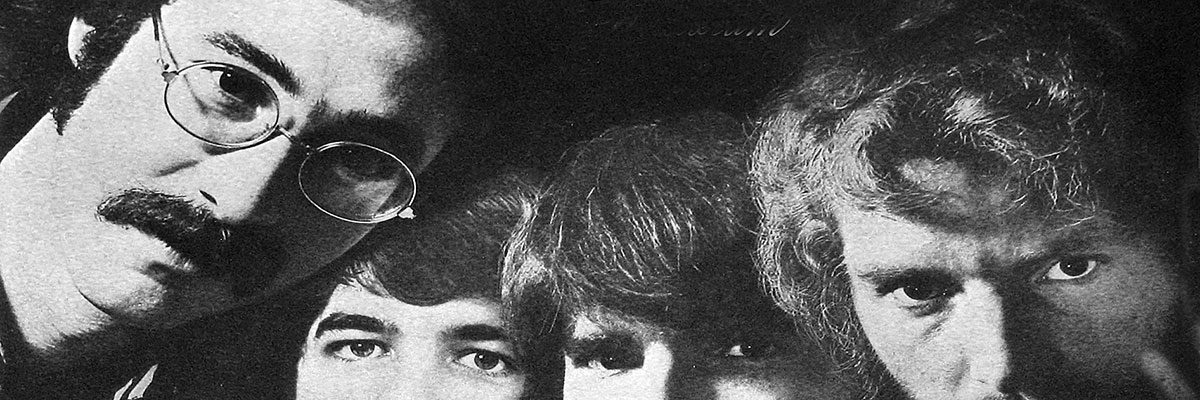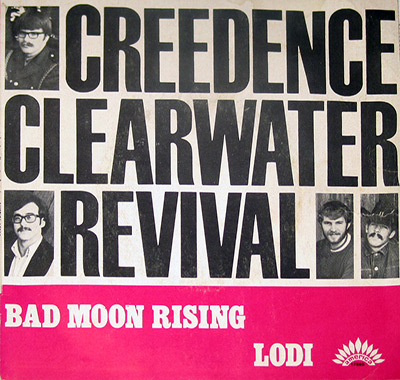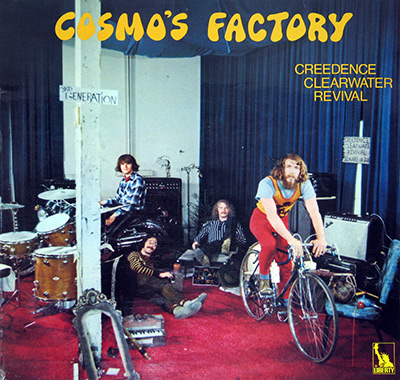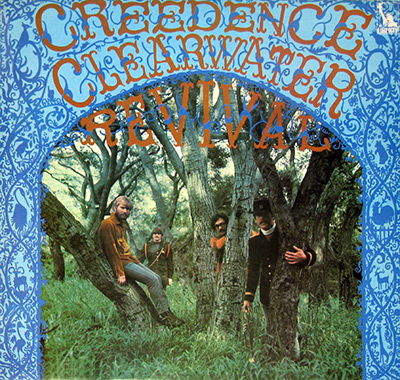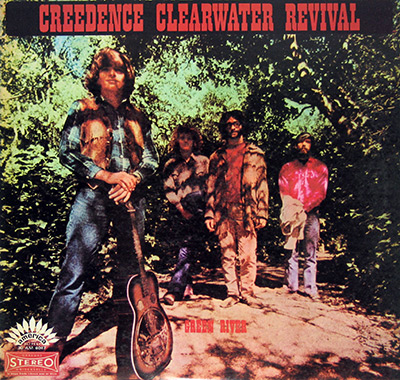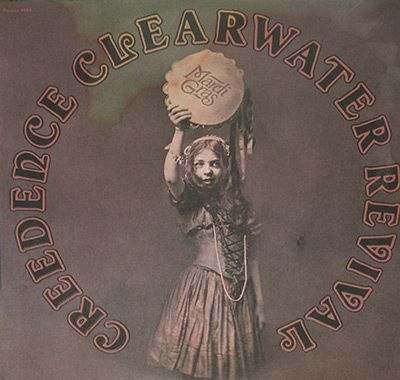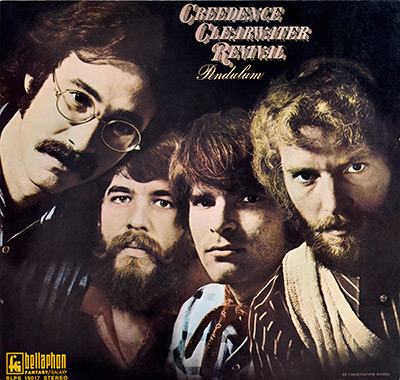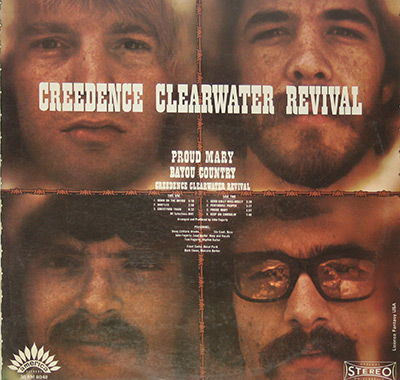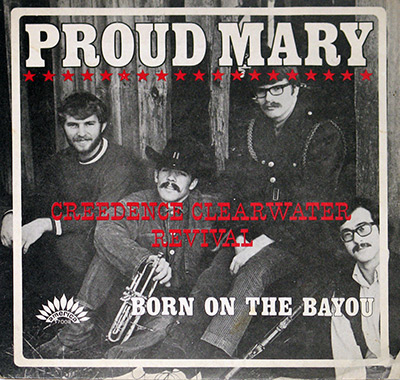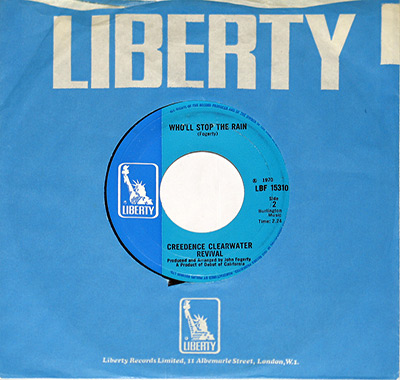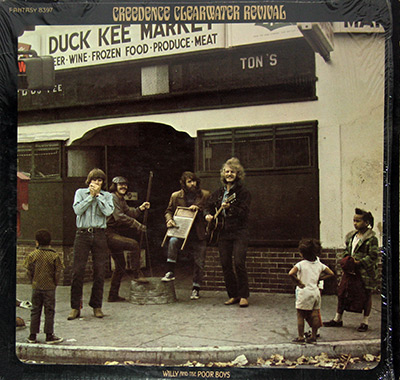Band Description:
Creedence Clearwater Revival, often referred to simply as CCR, was an American rock band that achieved great success in the late 1960s and early 1970s. Led by frontman and primary songwriter John Fogerty, the band developed a distinctive sound that blended rock, blues, and country influences with socially conscious lyrics.
The band was formed in 1967 in El Cerrito, California, and consisted of John Fogerty on vocals and guitar, his brother Tom Fogerty on rhythm guitar, Stu Cook on bass, and Doug Clifford on drums. CCR released their first album, simply titled "Creedence Clearwater Revival," in 1968, which featured the hit single "Suzie Q." The album was a critical and commercial success, and marked the beginning of the band's meteoric rise to fame.
CCR continued to release a string of successful albums, including "Bayou Country," "Green River," and "Willy and the Poor Boys," which produced hits like "Proud Mary," "Bad Moon Rising," and "Fortunate Son." The band's music was characterized by John Fogerty's distinctive voice and guitar playing, as well as the tight rhythm section provided by Cook and Clifford.
One of the unique features of CCR was the band's ability to blend musical influences from different genres. Their music incorporated elements of rock, blues, country, and even gospel, which gave it a distinct sound that was both familiar and new. John Fogerty's lyrics often dealt with social and political issues of the day, such as the Vietnam War and civil rights, which resonated with audiences and made the band even more popular.
Despite their success, tensions within the band began to rise in the early 1970s, as John Fogerty increasingly became the focal point of the group. Tom Fogerty left the band in 1971, and CCR disbanded in 1972 after releasing their final album, "Mardi Gras."
Despite their relatively short career, CCR's music has continued to resonate with audiences over the years. Their songs have been covered by countless artists and featured in numerous movies and TV shows, cementing their place in the pantheon of rock and roll. Today, CCR is remembered as one of the most influential and beloved bands of the 20th century, whose music continues to inspire and entertain fans around the world.
The name Creedence Clearwater Revival was actually invented by the band's lead singer and primary songwriter, John Fogerty. According to Fogerty, the name "Creedence" was inspired by a friend named Credence Newball, and "Clearwater" was a place name that he had come across on a TV commercial for Olympia beer. "Revival" was added to the name to give it a sense of energy and excitement. The resulting name, Creedence Clearwater Revival, has since become iconic and synonymous with the band's unique blend of rock, blues, and country music.
